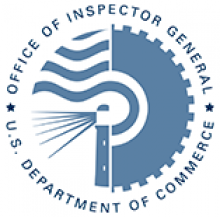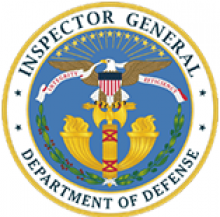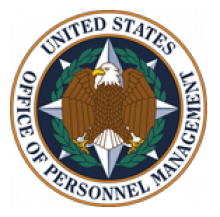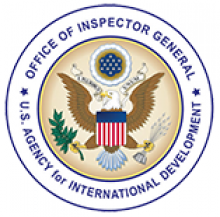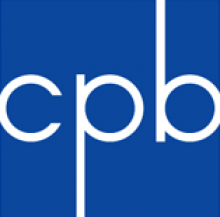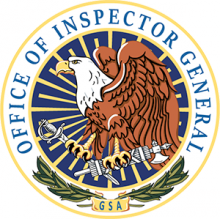Our audit objective was to assess the U.S. Department of Commerce’s management and implementation of the Grants Enterprise Management System (GEMS) project. We found that bureaus have procured multiple systems to manage grants; bureaus did not follow Department information technology investment review and governance processes before contracting for alternative grants management systems; the GEMS project should improve its management of requirements, cost, and schedule; and the National Oceanic and Atmospheric Administration’s transition to GEMS provided lessons for future transitions.
| Report Date | Agency Reviewed / Investigated | Report Title | Type | Location | |
|---|---|---|---|---|---|
| Department of Commerce | The Department’s Vision for an Enterprise Grants Management System Has Not Been Realized | Audit | Agency-Wide | View Report | |
| Department of Defense | Evaluation of DoD Compliance with the Prohibition of Unallowable Advertising Costs on Covered DoD Contracts | Inspection / Evaluation | Agency-Wide | View Report | |
| Internal Revenue Service | The IRS Transferred Incorrect Federal Tax Information to the Department of Education for Federal Student Aid | Audit | Agency-Wide | View Report | |
| Department of Defense | Unclassified Summary of Report No. DODIG‑2025‑055, “Audit of Munitions Storage in Alaska, Hawaii, and Japan” and Report No. DODIG‑2025‑119, “Audit of Munitions Storage on Guam” | Audit | Agency-Wide | View Report | |
| Office of Personnel Management | Audit of the Information Systems General and Application Controls at Excellus BlueCross BlueShield | Audit | Agency-Wide | View Report | |
| U.S. Agency for International Development | Financial Audit of Pan American Social Marketing Association, January 1 to December 31, 2023 | Other |
|
View Report | |
| U.S. Agency for International Development | PEPFAR in Ukraine: USAID/Ukraine Achieved Mixed Results When Implementing Programs Due to Wartime Challenges and Did Not Conduct Independent Performance Monitoring | Audit |
|
View Report | |
| Department of Defense | Evaluation of U.S. Navy Efforts to Meet Recruitment Goals | Inspection / Evaluation | Agency-Wide | View Report | |
| Corporation for Public Broadcasting | Evaluation of KSDS-FM, Licensed to San Diego Community College District, San Diego, California, Compliance with Selected Communications Act and General Provisions Transparency Requirements, Report No. ECR2506-2507 | Inspection / Evaluation |
|
View Report | |
| General Services Administration | Alert Memorandum: FAS is Expanding the Transactional Data Reporting Rule Despite a Failed Pilot Program | Other | Agency-Wide | View Report | |


